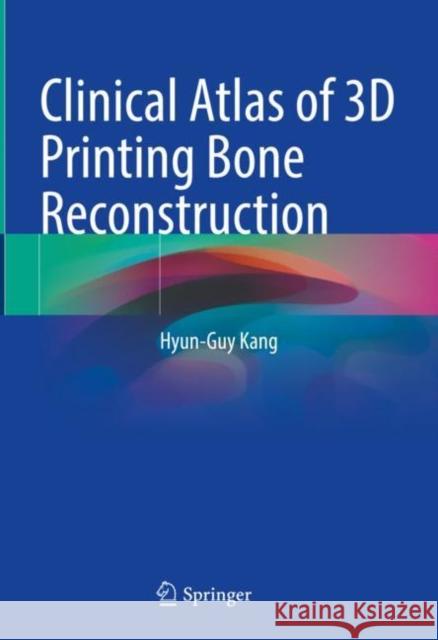Clinical Atlas of 3D Printing Bone Reconstruction » książka
topmenu
Clinical Atlas of 3D Printing Bone Reconstruction
ISBN-13: 9789811620423 / Angielski / Twarda / 2021 / 442 str.
Clinical Atlas of 3D Printing Bone Reconstruction
ISBN-13: 9789811620423 / Angielski / Twarda / 2021 / 442 str.
cena 682,72
(netto: 650,21 VAT: 5%)
Najniższa cena z 30 dni: 655,41
(netto: 650,21 VAT: 5%)
Najniższa cena z 30 dni: 655,41
Termin realizacji zamówienia:
ok. 16-18 dni roboczych.
ok. 16-18 dni roboczych.
Darmowa dostawa!
Kategorie BISAC:
Wydawca:
Springer
Język:
Angielski
ISBN-13:
9789811620423
Rok wydania:
2021
Wydanie:
2021
Ilość stron:
442
Waga:
1.13 kg
Wymiary:
25.91 x 19.81 x 2.79
Oprawa:
Twarda
Wolumenów:
01











